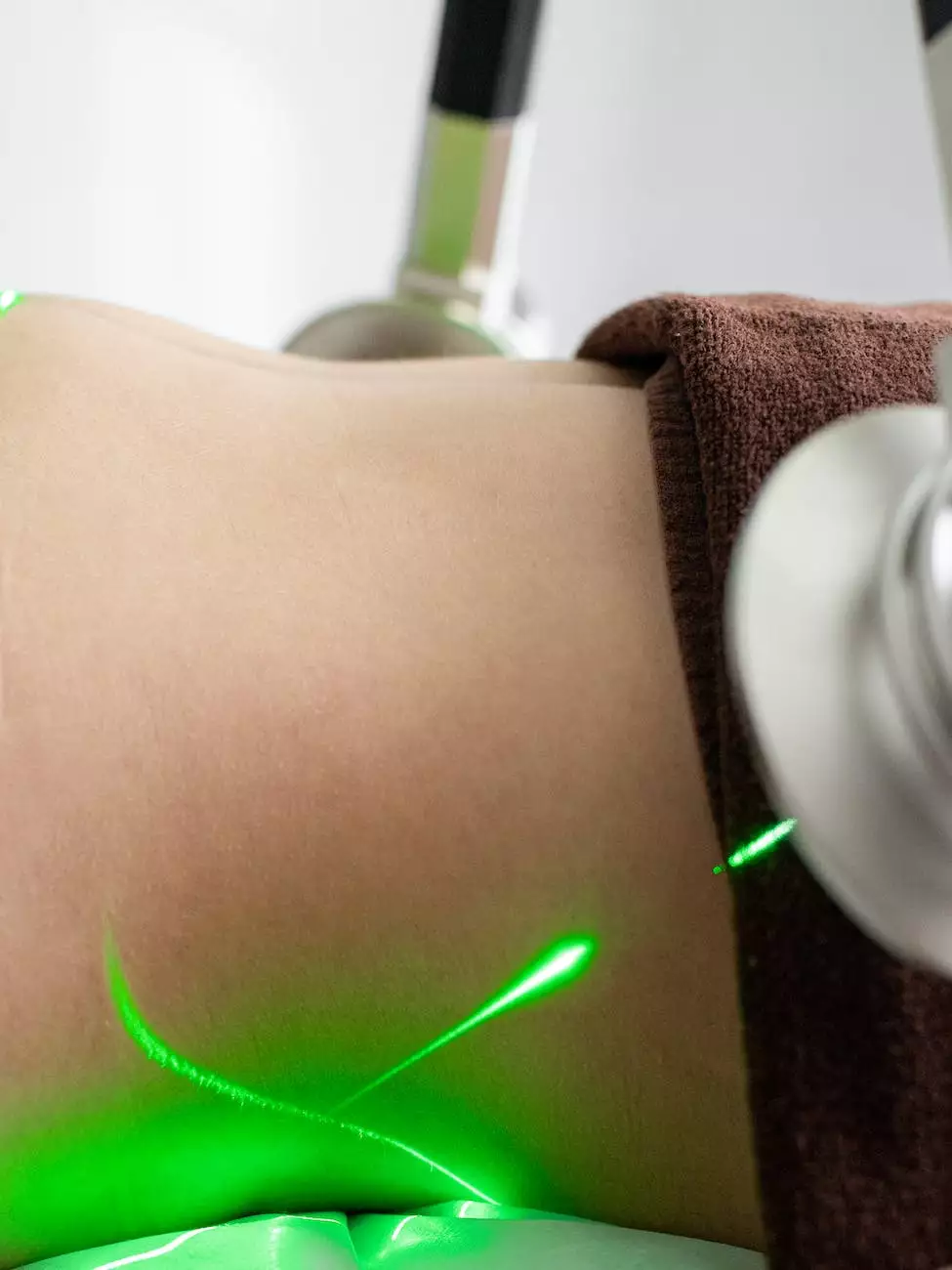Do you think you have a Food Allergy?

Understanding Food Allergies
Are you experiencing unusual reactions after consuming certain foods? It's important to consider the possibility of a food allergy. Food allergies occur when your immune system overreacts to specific proteins found in certain foods, triggering a range of symptoms that can vary in severity. Grim Harley, MD, is here to help you understand food allergies and provide guidance on identifying and managing them.
Common Symptoms
Food allergy symptoms can manifest in various ways, affecting different parts of the body. Some common symptoms include:
- Hives and Itching: Skin reactions such as hives, swelling, and itching may occur shortly after eating the allergenic food.
- Gastrointestinal Issues: You may experience abdominal pain, nausea, vomiting, diarrhea, or other digestive problems after consuming certain foods.
- Respiratory Problems: Allergic reactions can cause difficulty breathing, shortness of breath, wheezing, or coughing.
- Cardiovascular Reactions: In severe cases, food allergies can lead to a sudden drop in blood pressure, dizziness, or even anaphylaxis, a potentially life-threatening condition.
Identifying Food Allergens
Pinpointing the exact food allergen can be challenging as allergies can develop to any food. However, some foods are more commonly associated with allergies:
- Common Allergenic Foods: Milk, eggs, peanuts, tree nuts, fish, shellfish, soy, and wheat are among the most frequent culprits for food allergies.
- Delayed Allergic Reactions: It is worth noting that some food allergies may not cause immediate symptoms; delayed reactions can occur several hours or even days after consumption, making them harder to identify.
If you suspect you have a food allergy, it is crucial to seek professional medical advice. Grim Harley, MD, can help you with accurate diagnosis and personalized treatment plans based on your specific condition.
Diagnostic Methods
Grim Harley, MD, utilizes various diagnostic approaches to identify food allergies:
- Medical History Evaluation: A comprehensive review of your medical history, symptoms, and potential triggers is the first step towards uncovering the causes of your allergic reactions.
- Allergy Testing: Skin prick tests and blood tests are commonly employed to evaluate your body's immune response to specific allergens.
- Oral Food Challenge: In some cases, your allergist may recommend supervised oral food challenges to confirm or rule out a suspected food allergy.
Managing Food Allergies
While there is currently no cure for food allergies, managing them effectively is crucial to avoid potential complications. Strategies to manage food allergies include:
- Avoidance: Identifying and avoiding allergenic foods is essential. Grim Harley, MD, can provide you with the necessary guidance on reading food labels, understanding food cross-contamination, and making safer food choices.
- Emergency Preparedness: For individuals with severe allergies, it is important to be ready for unexpected reactions. Carrying an epinephrine auto-injector and developing an emergency action plan can be life-saving.
- Allergen Immunotherapy: In certain cases, allergen immunotherapy, such as oral immunotherapy or sublingual immunotherapy, may be recommended to help desensitize the immune system to specific allergens over time.
Trust Grim Harley, MD, for Expert Guidance
Grim Harley, MD, is your trusted source for comprehensive information and assistance in managing food allergies. Driven by a commitment to patient care and utilizing the latest advancements in allergy medicine, Dr. Harley and his team are dedicated to providing expert diagnosis, ongoing support, and personalized treatment plans tailored to your unique needs.
Don't let food allergies take control of your life. Contact Grim Harley, MD, today to schedule a consultation and take the first step towards regaining control over your health and well-being.




